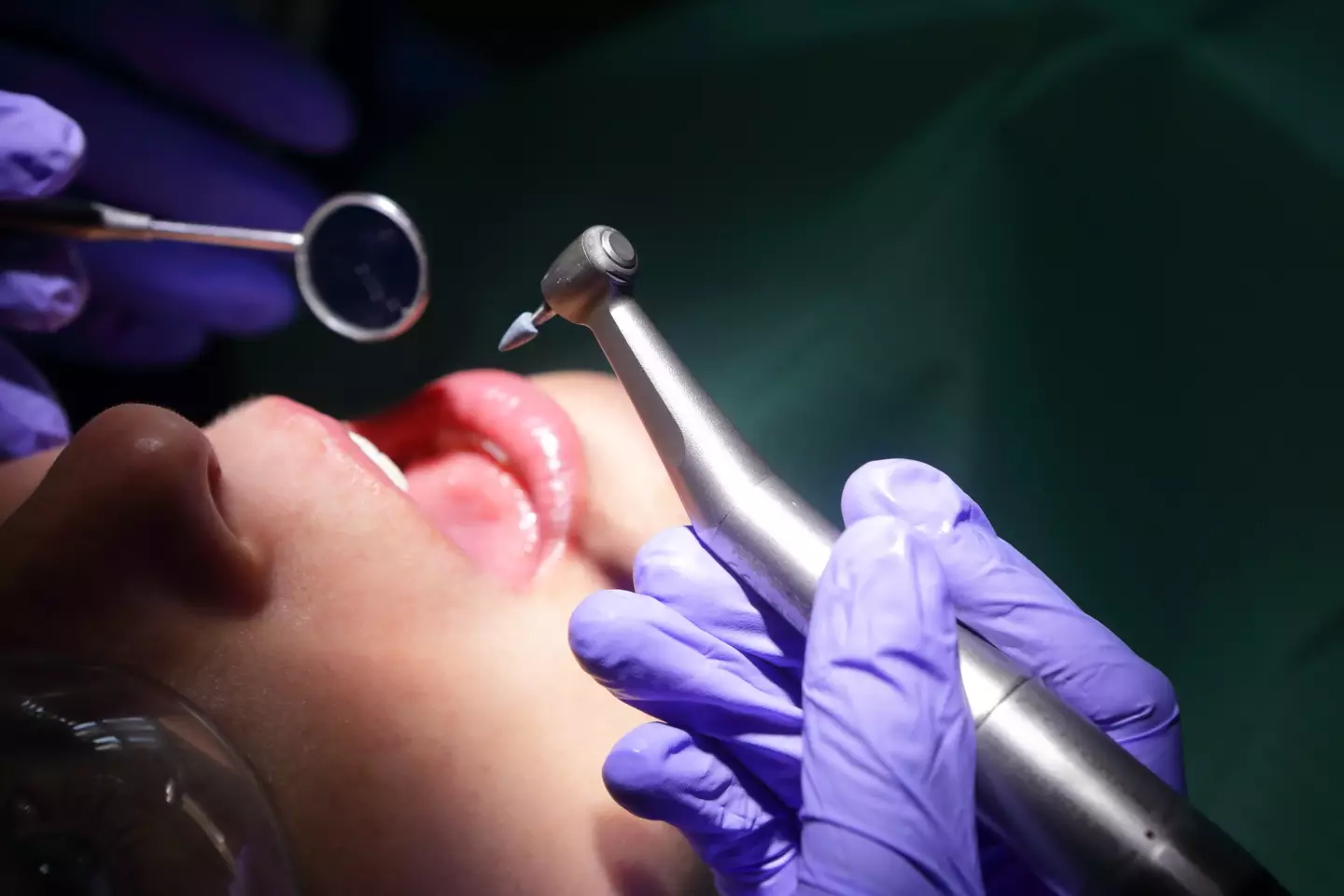
A scientist has given a warning when it comes to making sure a specific part of our body is spick and span as it could lead to a potentially life-threatening condition.
The body is a temple, or so the saying goes, and like any sacred building, it's important to keep up with maintenance.
Of course, we should be making sure that we are keeping up on our hygiene across the board, but sometimes, it can slip through the cracks - like making your bed sheets, for example.
However, in a piece for The Conversation, scientist Steven Kerrigan has revealed how poor oral hygiene can impact other areas of your body - namely your heart.
Advert
And let's not beat about the bush here, the heart is the most important organ in the human body so it's crucial we take good care of it.
According to Kerrigan, we can all do this by looking after our mouth health.

According to the scientist, systemic inflammation is one of the main ways oral health negatively impacts the heart, which refers to a widespread inflammatory state affecting the entire body, rather than being localized to a certain area.
Kerrigan writes in The Conversation: "These molecules can damage blood vessel linings and contribute to the development of atherosclerosis – a condition that narrows arteries, raises blood pressure and dramatically increases the risk of heart attacks and strokes.
"Inflammation is now recognised not only as a symptom of cardiovascular disease but also as a driving force behind it. This insight elevates oral care from a cosmetic concern to a critical aspect of heart disease prevention."
The scientist added that poor oral hygiene can also increase the risk of infective endocarditis developing - a condition which sees oral bacteria enter the bloodstream, which can cause a 'serious infection' of the heart's inner lining or valves.
According to the Cleveland Clinic, this condition can affect you in a number of ways, like causing sepsis or heart failure, and without treatment, it can be fatal.
"People with pre-existing valve abnormalities, prosthetic valves, or congenital heart defects are particularly vulnerable," Kerrigan went on.

Studies have also support this oral-cardiac link, Kerrigan states, with one study from 2023 showing that people with gum disease are more likely to be diagnosed with heart disease.
Dr Ferakh Hamid, a dentist in the UK with more than 20 years of experience, has previously detailed what you can do to improve oral health.
The dentist warned that if you brush your teeth too soon after eating or drinking acidic foods, it’s going to make them yellow for starters.
As per the Daily Mail, he said: “Brushing your teeth in certain ways, like without water or right after eating acidic foods, might actually make them look less white over time.
"Dry brushing might seem good for getting rid of surface stains at first, but without water, toothpaste doesn't spread well."
